During the rewatch, my mind wandered into exploring two questions about the human condition – What is attachment? And What is human motivation?
For exploring attachment, we can look at the relationship between ‘Joe’ and ‘Joi.’
The fact that ‘Joe’ is himself a replicant (‘K’), his attachment with a completely virtual creation (‘Joi’) is enlightening. Why do humans get attached to things? Human-to-human attachment seems natural. Human to animal attachment is understandable. Human attachment with things/objects can be explained in terms of memories, or emotional significance they carry, or with events those things represent. However, human attachment with virtual objects is perplexing.
Ironically, the attachment with all things virtual is already here! Recently (before the ban), I was a regular on the mobile game ‘PUBG.’ Besides the team vs. team Battle Royale survival format, the game has a secondary ecosystem attached to it. The secondary ecosystem is built up by objects that can be loosely termed as ‘accessories.’ These accessories include character clothing, gun colors, vehicle skins, etc. Mind you, these accessories do not alter your performance in the actual game; they simply change your ‘look’ in the game. The most esoteric example is a vehicle skin. The vehicle skin comes into effect when your character enters and starts driving a vehicle. So, you have a normal-looking car on the road (Dacia by default). Your character sits in it. The car transforms for the duration you are driving it around. The moment you explain it, it sounds stupid, doesn’t it?
So, here I am, playing this game with my friends reasonably regularly. Initially, I am not bothered by these accessories. However, you keep getting them as ‘gifts’ as you spend more and more time on the game. I was just exploring the game to chat and roast friends while playing; casually, I logged in with a guest account. Few months in, things start getting serious, Murphy’s law kicks in, and my IPad crashes. The only way out is resetting back to factory settings. I do that, my guest account is lost, I have to create a new account.
The moment I log in with my new account, the game feels bland without all the colors and accessories. But the biggest miss is a Vehicle skin that I had procured in my previous avatar—a vintage skin, 1903’s Ford, or the old Benz with a mammoth front engine. 
I genuinely felt something amiss every time I stepped into a car, and it did not transform into the Black Vintage. And, surprisingly, it was not just me, my friends also missed it. One of them even sent me an article on how to recover a lost PUBG account.
Carefully stepping away from the multi-million dollar economics of a ‘free’ game, the primary question is, what is this attachment to an entirely virtual pseudo object. Pseudo, because, unlike the nitrous boost that improves your speed in NFS, the PUBG accessories have no effect on game performance. If anything, they might be slowing you down because of all the added graphics.
So back to our question, Where does human attachment come from? Are we wired towards getting attached to people/ animals/ things?
Maybe we have some evolutionary advantage because of this sense of attachment. It helps us to congregate in groups and improves our survival chances. It might help in adding meaning to life, give us purpose or incentive to survive more.
Moving beyond evolution, the attachment to things’ virtual’ has shed new light on the human condition. Philosophically or, Neurologically, all attachment originates from within us. Touching and using sensory inputs is fine; however, attachment is within us. Thus technically speaking, the attachment you feel to a coin in your hand is the same as the memory of the coin.
We can have some practical advice. Many people make a fuss and cry over losing ‘sentimentally’ valuable things. They shouldn’t because the memory of that object within you is equally valuable or might be more valuable.
Back to our film, the movie raises the bar on ‘attachment,’ when Joi (an entirely virtual entity) feels love and attachment to Joe. Just imagine that Vintage Car skin is also missing my friends and me, absurd isn’t it, or is it?
Suppose we decompose ‘attachment’ to its primitive form of simply getting connected, or stuck like a tail, following you everywhere. In that case, aren’t modern-day algorithms attached to you?
The video suggestions from YouTube, your Netflix recommendation list, your Facebook feed, all algorithms, all attached to the ‘unique’ you. In the same family, even identical twins end up having different recommendations and searches. Algorithms are personalized to you; they are attached to you. How long before they improve further and evolve into something like Joi?
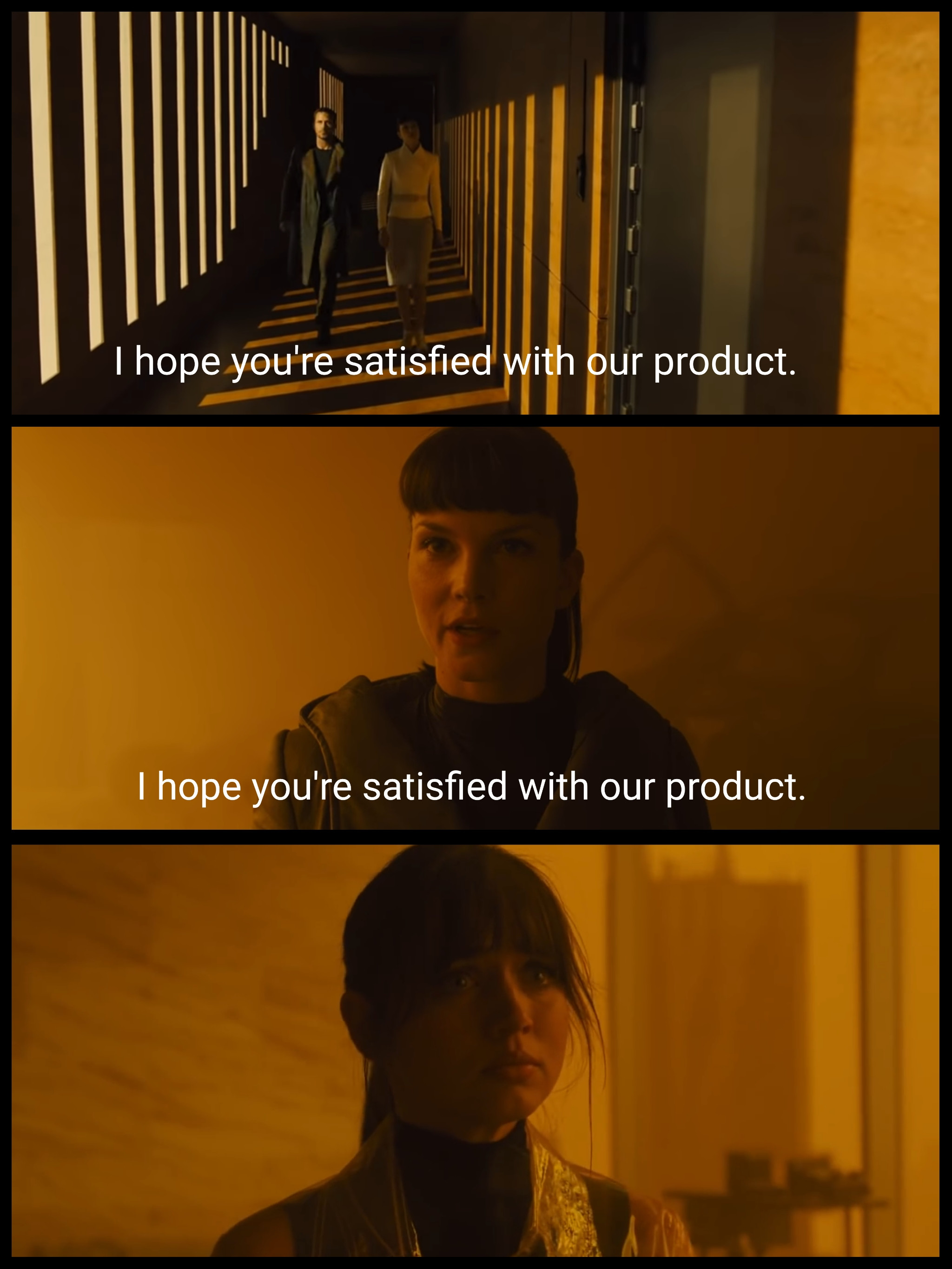
The film seems to answer this question. Just after Joe loses ‘his’ Joi, he feels sad. Lonely Joe is walking the empty streets, and he comes across a billboard advertising a new virtual companion – Joi. One line hits you from the advertisement, ‘Joi can be everything you want her to be.’
Isn’t this the limitation of personalized algorithms? They can only ‘be, what you want them to be.’ Your search recommendations are reinforcements of your preferences. To be human indeed is more than that; it goes beyond preferences, exploring other things, and then discovering what you really like. Maybe your new experiences showcase the value of your previous choices, or they shatter their value and create new benchmarks.
And here is the attachment paradox. Exploring might require you to release your current attachments. But this exploration might lead you to more attachments. It is like an alcoholic for saving their liver, pick up a weed habit to distract from alcohol.
Back to 2049. Joe, Joi, and Luv are essentially non-human entities, clones or replicants, or entirely virtual zeros and ones. They all exhibit a desire to be ‘real’ or ‘human.’ They put a premium on their desire. Their current state is ‘inferior,’ and they want to step up and be considered ‘human.’
Joi thinks the answer is in ‘attachment.’ She wants to get closer and closer to Joe and feel ‘real’ through that experience. But as discussed earlier, her ‘attachment’ to Joe isn’t her’s; it is merely a reflection of Joe’s desires.
Luv thinks the answer lies in pursuing a greater cause. We will get back to her later. Joe is the conflicted one, he is the student who hasn’t studied for the exam, and in the Multiple Choice Question, he feels all options are correct.
He begins with an unwavering baseline but soon collapses into stormy waters. For some time, he dabbles in trying to understand ‘sacrifice.’ A stronger replicant sacrifices his life to protect a ‘larger’ secret. What is the motivation behind this self-sacrifice?
Joe then starts entertaining the possibility that he is ‘special.’ It seems plausible that Joe is not a ‘mere’ replicant manufactured in a lab. Instead, he is a ‘child’ replicant ‘born’ to another replicant. This possibility is a ray of hope towards giving meaning to Joe’s existence. In a nutshell, you understand the longevity of the caste system. A person might be in an inferior position in the caste hierarchy. Still, as long as he or she has someone more inferior than them, there is no need to question their own situation.
The film, in a sense, is Joe’s story. The next option that comes Joe’s way is the theory of ‘greater cause.’
A bunch of rebel replicants approach Joe to join the cause of replicant freedom. For their cause, they are willing to justify murder for the larger good. In a way, this is sacrifice, not self-sacrifice, but the sacrifice of others. They also ask him to rescue the ‘real’ replicant child so that she can become a symbol of hope for their struggles. In one moment, Joe’s ‘special’ theory is shattered, and he is left with the ‘greater cause’ theory to ponder.
Coming back to Luv. She also believes in the ‘greater cause’ of the replicant child. But, she is bound by her loyalty to Wallace. She weeps at every replicant death at the hands of Wallace, but her programming is so strong that she is unable to stop Wallace. Luv is under the spell of slavish obedience. She wants to be human; her ‘feelings’ for her fellow replicants take her closer to that goal. She believes the existence of a replicant child will advance to the cause of replicants. She thinks the ability to reproduce will advance the cause of the replicants. But, regardless of her motivations, her actions are subservient to Wallace.
And this is where Joe diverges from Luv. He simply ignores all theories and does the most human thing possible; exercise free will. He ignores the murder order given by the rebels, he ignores the orders from his masters in the police, he refuses to join fellow replicant Luv in her quest to introduce replicant reproduction. He simply takes Deckard to meet his daughter Ana. Why? He never answers it. The important thing is not the reason but the fact that he exercised his choice. So the question remains, What motivated him to do so?


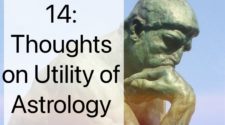
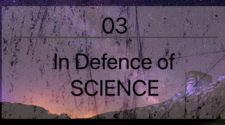
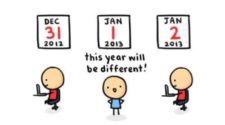

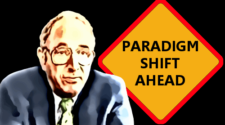
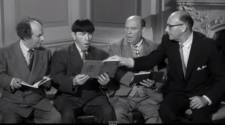

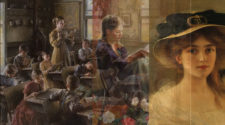
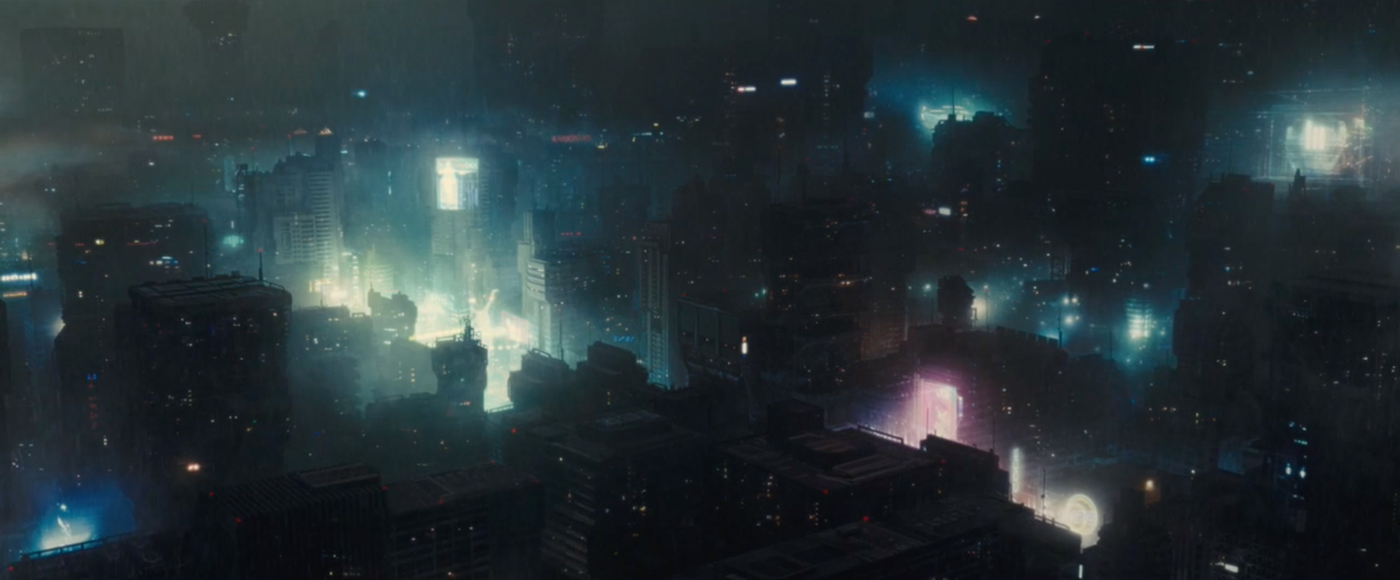


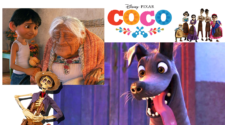


isn’t our attachments what make us ? we are summation of our attachments, hence the principle of detachment for Moksh. Where it comes from? I believe it comes from where everything is rooted, the very cause of our existence– our Mind.
You have pointed attachment to the physical world (virtual included), but don’t you think we are attached to the Idea of oneself ? Is Virtual truly a new concept ? Plato, Aristotle, Da Vinci, Rishi Kanaad, Einstein or any such other people have been thinking/living in their Virtual worlds. Behind any thought/hope/desire/inspiration virtual, surreal, real whatever works a mind,
I like the second one much more than the first one